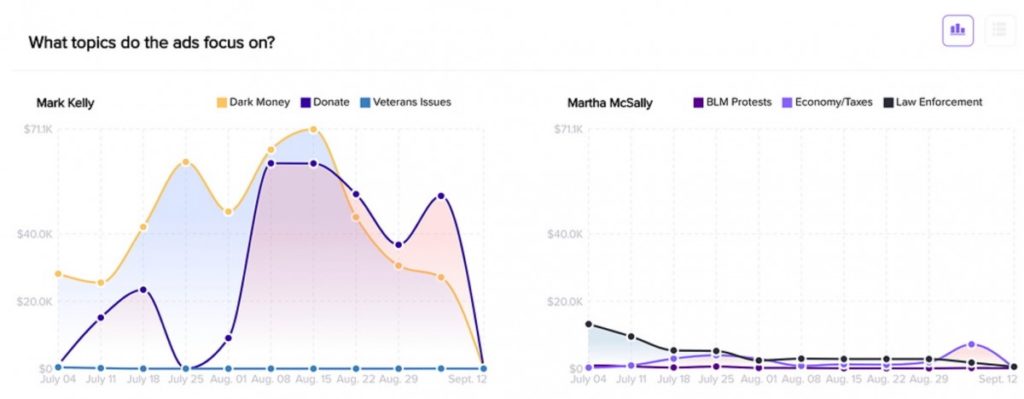In a letter sent to the NYU Ad Observatory on October 16, Facebook has asked the university to stop collecting data on its political ad-targeting practices. WSJ originally reported the story.
The NYU Ad Observatory is a project started by the university’s engineering school and has over 6,500 volunteers to collect data on the political ads shown by Facebook. The study that concerns Facebook includes the use of special browser extensions used to collect data about political ads shown to people using Facebook.
NYU May Face “Enforcement Action”: Facebook
In its letter to NYU, Facebook said that “Scraping tools, no matter how well-intentioned, are not a permissible means of collecting information from us.” The letter was written by Allison Hendrix, a Facebook privacy policy official.
It further said if the researchers don’t stop data collection, they may be “subject to additional enforcement action.” Facebook may even consider changing its own code to prevent NYU from data collection, company spokesperson Joey Osborne said in a statement to the WSJ.
“We informed NYU months ago that moving forward with a project to scrape people’s Facebook information would violate our terms,” he added.
NYU Ad-Observatory And The Bigger Picture

The above image is a screenshot of the data pulled by the NYU Ad-Observatory. The data not only shows the amount of money spent by political parties on the online ads, but also the nature of those ads and the message that was sent out by the party running them.
Facebook may be looking at data violations here, but the truth is that the data being studied by the NYU Ad-Observatory is being collected with the user’s consent. A bigger picture here is the NYU attempting to study how much a political party spends on the online presence on platforms like Facebook.
According to a university release from September, some of the key trends on how political parties spend their money have surfaced. Some of them are as follows.
- Since July 2020, Trump has spent twice what Biden has on ads across their respective Facebook pages.
- In Colorado’s Third District, a House candidate who has been associated with QAnon, Lauren Boebert, has spent $32,000 on Facebook ads since July 1, while her Democratic opponent, Diane Mitsch Bush, has spent $20,000. Both are focusing on donations.
- 22% of Trump’s ad spending in that period has been focused on messages about the media.
- In the two weeks ending September 8, Trump spent around $30 million in swing states on Facebook ads, most designed to secure donations.
- Between January and August this year, Rep. Alexandria Ocasio-Cortez, D-NY, spent $2.8 million on Facebook ads, more than any other candidate.’
Facebook users who are ultimately tax-payers and voters have a right to know where and how their money is spent. These numbers give a clearer idea of why a particular party is visible to more people.
It’s already known that Facebook personalizes ads according to the user-data it gathers. So it’s important to know the criteria which the company uses to show political ads to certain people. The NYU research on political ad-targeting has collected data on more than 200,000 political ads.
While the NYU research is in violation of Facebook’s policy, it is expected that the company should itself make this data public so people know the degree to which their own opinions are being amplified and shown to them on social media.
Political Ad-Targeting And Facebook
Facebook’s letter also talks about the social media giant’s academic partnerships with outside researchers to study the impact of Facebook on 2020 US Elections.
Facebook has been under scrutiny about the way its political ad-targeting data was used to influence the 2016 US Presidential elections. Further, the company created a firewall of sorts to stop outsiders from accessing data after the Cambridge Analytica expose.
The company has also created an archive of political ads that were run on its platform, along with who paid for them. However, there’s no info on which people were targeted by these ads. The university says that it has found gaps in Facebook’s archive of political ads, where the system hasn’t logged certain ads as political in nature.
When it comes to customizing ads for users, no other platform beats Facebook. In such a case, it is vital to know how the platform determine who sees what. We can refer to Facebook’s ad and feed customization to that of an echo chamber, which is more likely to show you what you want to see.
The post Facebook Threatens University To End Research About Its Political Ads appeared first on Fossbytes.
from Fossbytes https://ift.tt/2J9Xo33
via IFTTT

No comments:
Post a Comment